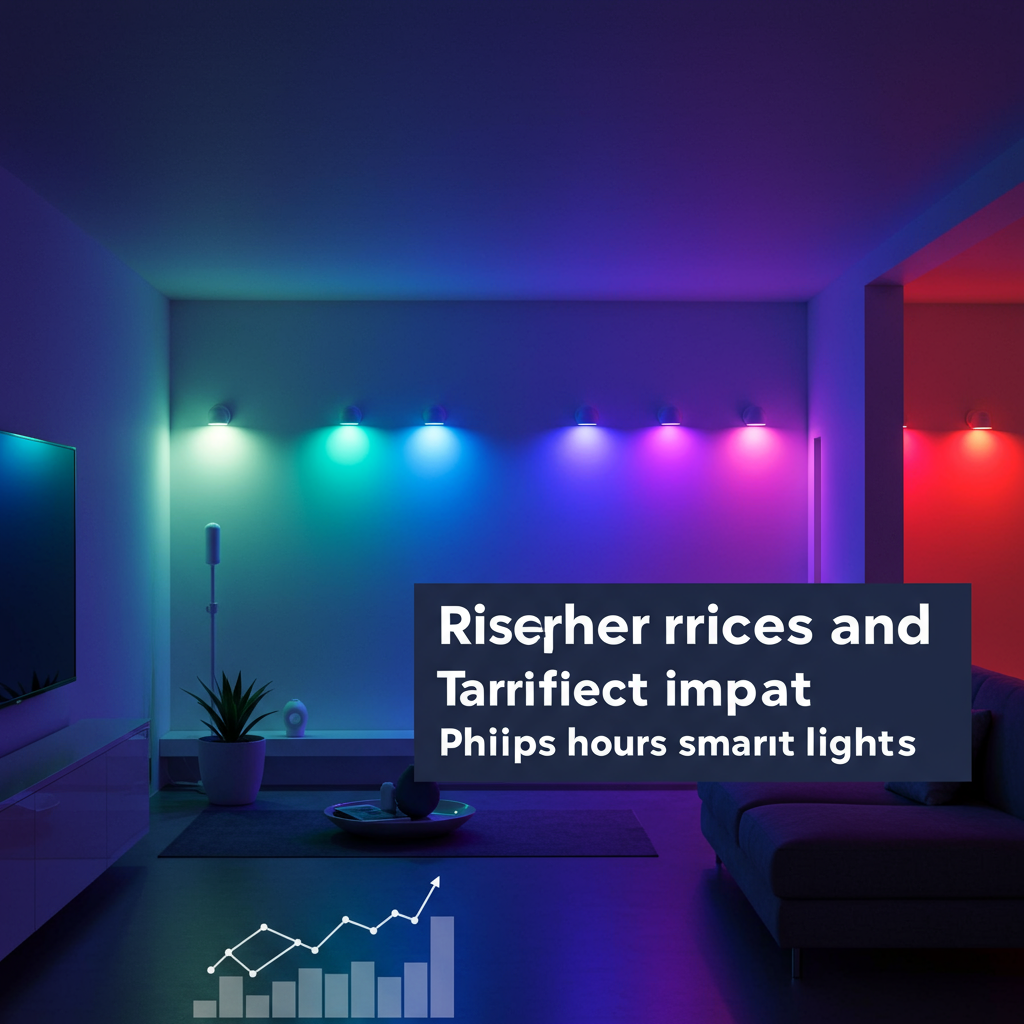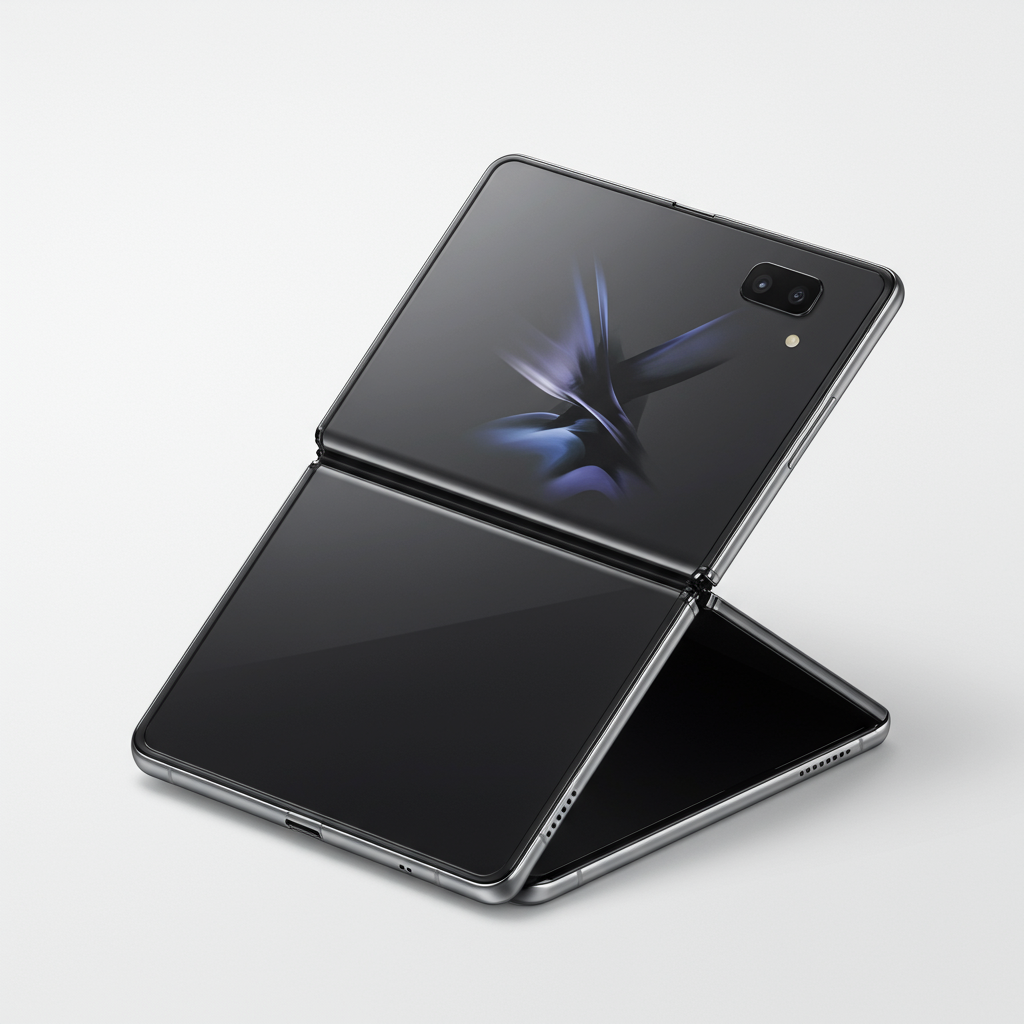Philips Hue Smart Lighting Prices Set to Climb Starting July 1
Get ready for smart lighting costs to go up. Philips Hue, a popular but already premium smart lighting brand owned by Signify, is implementing price increases across its product portfolio in the United States, effective July 1, 2025. The company explicitly points to incoming tariffs as the driving force behind this decision.
Signify began notifying customers earlier in June via email, suggesting that potential buyers make their purchases before the end of the month to avoid the price bump.
Why Are Philips Hue Prices Increasing?
According to a statement from Signify, the price adjustments are a “direct result of the tariffs.” While specific tariff details can be complex and subject to change, the timing coincides with an impending 125 percent tariff rate on certain goods imported from China, currently slated to take effect on July 9, 2025.
Signify has also indicated that this initial price hike might not be the last. The company reserves the right to make “new or additional tariffs becoming effective in the future” could lead to further price modifications down the line.
How Much More Will You Pay?
Signify hasn’t released a comprehensive list of specific price changes for every single product. However, examples from recent product launches highlight the trend.
For instance, the new Philips Hue Smart Button is priced at $33 in the US, a notable increase from the $25 cost of its predecessor and higher than the €21.99 (approximately $23.50 USD) price point in Europe. Similarly, the new Philips Hue Play Wall Washer, designed for projecting gradient light onto walls, costs $219.99 in the US compared to €200 in Europe. Historically, pricing between the US and Europe often saw a near 1-to-1 conversion between euros and dollars for Hue products, making these recent disparities more significant.
The price premium isn’t new for Hue. A single 2024 Philips Hue GU10 smart color bulb, despite boasting improvements like increased brightness and efficiency, retails for around $55 in the US and £59 in the UK. This stands in stark contrast to competitors like Govee, where similar multi-color bulbs can be found for about $10, or even Signify’s own budget-friendly Wiz range, which is roughly half the cost of comparable Hue products.
The Growing Investment in the Hue Ecosystem
Even without the direct tariff impact, the cost of fully utilizing the Philips Hue ecosystem has been increasing. A couple of years ago, Philips shifted its policy to require users to create an account within the Hue app to access cloud-based services like out-of-home control, a feature previously available without an account.
More recently, Philips introduced an AI assistant feature in the Hue app, capable of creating lighting scenes via voice or text commands. While this AI assistant is currently rolling out for free (initially in select regions, with broader availability planned), there are concerns within the community that Philips might eventually introduce a charge for this advanced feature.
Furthermore, accessing certain premium features, such as syncing Hue lights with Samsung or LG TVs, requires purchasing separate apps that cost a substantial $130 for a single TV unlock or $3 per month.
Is it Time to Look for Alternatives?
Given that Philips Hue products are already considered to be on the higher end of the smart lighting market in terms of price, these additional increases due to tariffs are likely to make potential buyers even more hesitant. While Hue is praised for its reliability, performance, and extensive features within its ecosystem, the cost is a significant barrier for many.
For consumers looking to enter the smart lighting world or expand their setup without the premium price tag, alternatives exist. Brands like Govee are frequently highlighted by smart lighting experts as offering a wide range of feature-rich products, from decorative light strips and lamps to practical bulbs, at significantly lower price points. Crucially, many Govee features, including remote control and smart home integration (like Matter compatibility), are accessible directly through their well-regarded app without requiring a separate hub like the Philips Hue Bridge (which adds another $60 to the cost of a Hue setup).
Ultimately, the impending price hike means that the investment required for Philips Hue smart lighting is set to become even steeper, potentially pushing more consumers toward more budget-friendly alternatives in the competitive smart home market.




